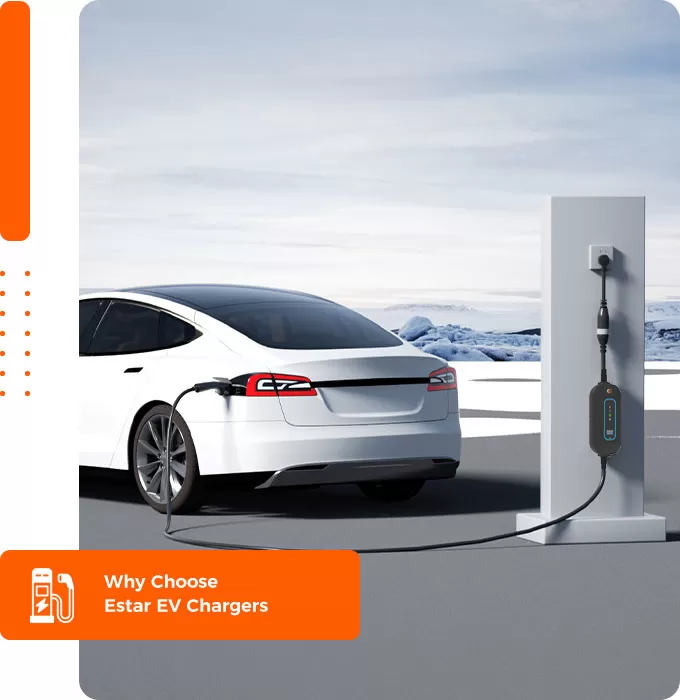Feb 09, 2026
Spring Festival Holiday Schedule
Sufficient production capacity, rapid delivery capability
70,000 ㎡ of factory space for our products, 15pcs AC chargers production lines, 10pcs DC chargers production lines, 300 sets of aging test machines, enough production capacity to complete large orders in time.
AC / DC chargers production cycle: 15-30days.
EV charging cables production cycle: 10-15day.
A professional R&D team consists of the software, the hardware, the structure, the platform engineers that accounted for 30% of the company's total staff, R & D investment accounted for 10% of sales in past each years. This force provides our clients with a solid foundation for market development, project advancement and maintenance.
Our sales team is professionally trained to provide accurate and sincerely service to our customers, capable of responding quickly to their needs, and is also equipped with a comprehensive after-sales service system to ensure that our customers receive ongoing support during their use.
Whether you're a new EV owner or just considering making the switch, we understand that finding the right information about charging your electric vehicle can be overwhelming. That's why we've compiled this list of the most frequently asked questions about EV chargers and we're here to provide you with clear and concise answers.
If you need an emergency EV charger that you can take anywhere, we recommend the 3.5kW and 7kW portable EV charger. If it is for home use, we recommend 7kW, 11kW, 22kW home use EV charger. Taking 7kW EV charger as an example, The EV with the battery capacity of 80KW, generally 8 hours can be charged to the total amount of 80% of the battery. If you have several EVs at home, we recommend small DC charger-30KW, fast charging, short time to meet the charging demand of EV cars.
Electric Vehicle (EV) refers to a vehicle that is entirely or partially driven by an electric motor and equipped with a large capacity electric energy storage device.EVs include pure electric vehicles (BEVs) and plug-in hybrid electric vehicles (HEVs), etc.
One of the main determinants of charging time is the car’s battery size. Just as a large fuel tank takes more time to fill up, generally speaking, the larger the battery, the longer it takes to charge it. But other than size, the car and chargers’ charging capacity and even the weather can impact charging times.
Another important factor that will affect an EV’s charging time is the battery’s state of charge. Because of their chemistry, batteries can accept more power at lower charge levels: as they get closer to 100%, the charging power slows down considerably.
So while charging a car from 20% to 70% might only take a few minutes, charging it from 70% to full will take substantially longer.
Beyond battery capacity and state of charge, another element influencing charging time is the car’s charging capacity. Not all EVs are rated to accept the same charging power.
While some may be able to take up to 350 kWh fast charging, many are limited to much lower power inputs, often between 100 kWh and 150 kWh. The same applies to slower AC charging: while the theoretical maximum charging power is 22 kWh, many cars can only use 7.4 kWh or 11 kWh.
The answer depends greatly on your driving habits and car's range, charging often is recommended.
Keeping the vehicle's charge between 20 percent to 80 percent battery capacity and only charge when it's necessary, is best practice.
Contact us now for exclusive deals and expert advice!
Discover the future of green energy with Estar EV Chargers. Request a Quote